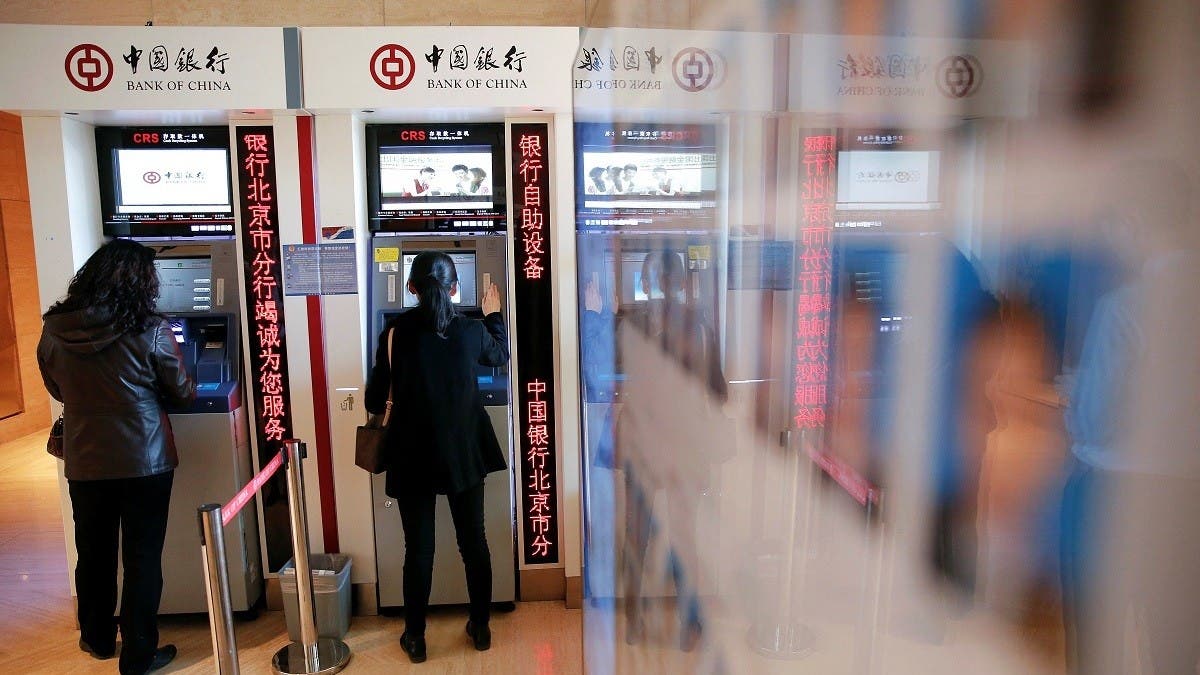China’s economic growth is likely to slow to 5.0 percent in 2022 amid renewed COVID-19 outbreaks and a weakening global recovery, a Reuters poll showed, raising pressure on the central bank to ease policy further.
The forecast growth for 2022 would be lower than the 5.2 percent analysts tipped in a Reuters poll in January, suggesting the government faces an uphill battle in hitting this year’s targetof around 5.5 percent. Growth is then forecast to pick up to 5.2 percent in 2023.
Gross domestic product (GDP) likely grew 4.4 percent in the first quarter from a year earlier, according to the median forecasts of 41 economists polled by Reuters, outpacing the fourth-quarter’s 4.0 percent due to a solid start in the first two months.
Analysts believe March activity could take a blow from China’s efforts to contain its biggest COVID outbreak since the coronavirus was first discovered in the city of Wuhan in late 2019.
“March activity data is likely to have seen a notable deterioration, but that would just be the tip of the iceberg as the economically damaging lockdowns only started in mid-March,” analysts at Societe Generale said in a note.
“However, real GDP growth might avoid falling below 4 percent, thanks to the infrastructure push, the reporting methods and the
surprisingly strong data seen in January and February.”
On a quarterly basis, growth is forecast to fall to 0.6 percent in the first quarter from 1.6 percent in October-December, the poll
showed.
The government is due to release first-quarter GDP data, along with March activity data, on April 18, at 0200 GMT.
GDP expanded 8.1 percent in 2021, its best showing in a decade, but momentum cooled markedly over the course of last year, weighed by debt problems in the property market and anti-virus measures that hit consumer confidence and spending.
Last year, policymakers focused on curbing property and debt risks, which exacerbated the economic slowdown.
More easing on cards
The government has unveiled more fiscal stimulus this year, including stepping up local bond issuance to fund infrastructure
projects, and cutting taxes for businesses.
China will use timely cuts in banks’ reserve requirement ratios (RRR) and other policy tools to support the economy, the cabinet said on Wednesday, as headwinds increase amid outbreaks of COVID-19.
The People’s Bank of China (PBOC) is likely to cut the RRR — the amount of cash that banks must hold as reserves — by 50 basis points (bps) in the second quarter of 2022, according to the poll.
Citi economists expect a 50-basis point cut to be announced as early as Friday, releasing over 1.2 trillion yuan ($188.52 billion) in liquidity, they said in a note, adding the move could reduce the chance for an imminent medium-term lending facility rate cut, but the loan prime rate (LPR) could still be trimmed on April 20.
Analysts expect the PBOC to cut the one-year LPR, thebenchmark lending rate, by 10 basis points in the second quarter, the poll showed.
The PBOC last cut the one-year LPR by 10 basis points in January and last cut the RRR by 50 basis points in December.
Consumer inflation is expected quicken to 2.2 percent in 2022 from 0.9 percent in 2021, before picking up to 2.3 percent in 2023, the poll showed.
Read more:
China’s Jan-March overall trade with Russia rises 28 percent to $38.2 bln
China factory inflation higher than expected as oil prices bite
UAE’s Adnoc buying two new gas tankers from China as part of LNG push

 World2 years ago
World2 years ago
 World2 years ago
World2 years ago
 Entertainment7 years ago
Entertainment7 years ago
 World7 years ago
World7 years ago
 Entertainment7 years ago
Entertainment7 years ago





